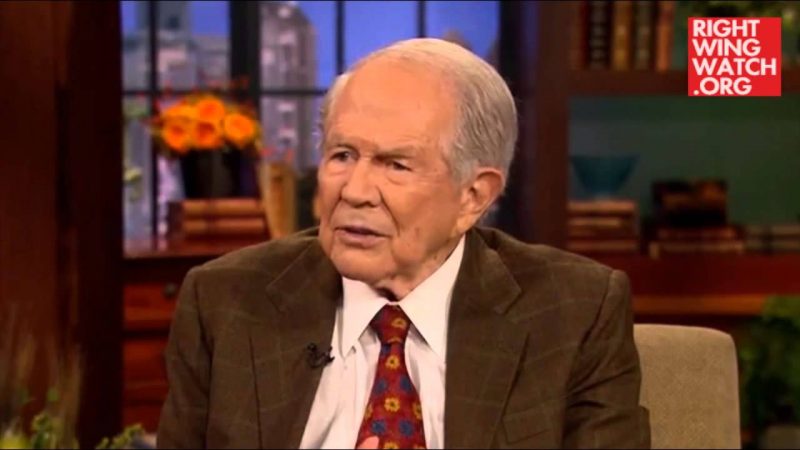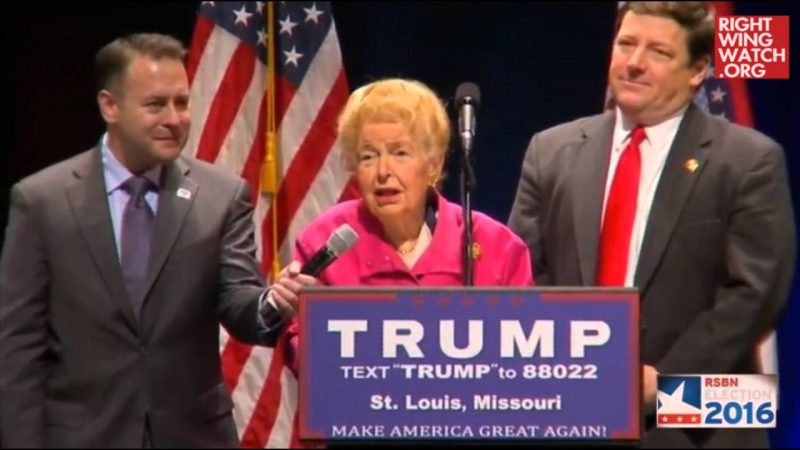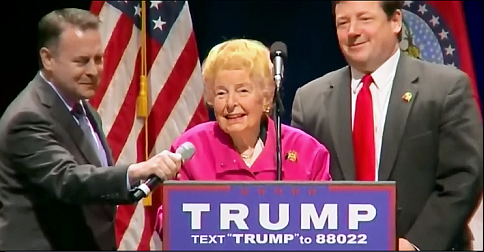Phyllis Schlafly is enjoying a bit of a renaissance at the moment, thanks to the recent publication of the book she penned with her niece Suzanne Venker entitled “The Flipside of Feminism: What Conservative Women Know — and Men Can’t Say.”
The point of the book is that feminism, as Schlafly puts it, has “made women unhappy and it’s to make them believe that we live in a discriminatory and unjust society, and that they should look to government to solve their problems.”
As Schlafly likes to remind everyone who will listen, she managed to obtain a college degree, a master’s degree, a law degree, run for Congress, stop the ERA, and raise six children, all without any assistance from feminism or anyone else for that matter:
MARTIN: How did you manage, though? As a mother of six, as your husband was -certainly had a busy career of his own, and being as significant a national figure as you have been, how did you manage?
Ms. SCHLAFLY: Well, politics was my hobby. And I really spent 25 years as a full-time homemaker before I did any particular traveling around. And by that time the children were well along in school or college. And they were very supportive. My husband was very supportive. I told the feminists the only person’s permission I had to get was my husband’s.
But, as it turns out, Meghan Daum of the Los Angeles Times got Schlafly’s niece Venker to admit that she did, in fact, have help:
I recently called Venker at her home in St. Louis because I had some questions, not least among them: How did Schlafly manage to raise all those kids and pursue such a prominent career? Granted, at 25 Schlafly married an older, well-established lawyer, and granted, she herself didn’t go to law school until she was in her 50s, but did she have help? If so, she never seemed to mention it.
Venker seemed to almost despair at the question: “I’m in a pickle because I haven’t been asked this directly before,” she said. “I’m going to say this the best way I can. She had domestic help…. She wouldn’t have called them nannies, but she had people in her home. That’s what she chose. Did she mention that fact enough to get her point across to young people about how she managed to do it? No, she did not.”








